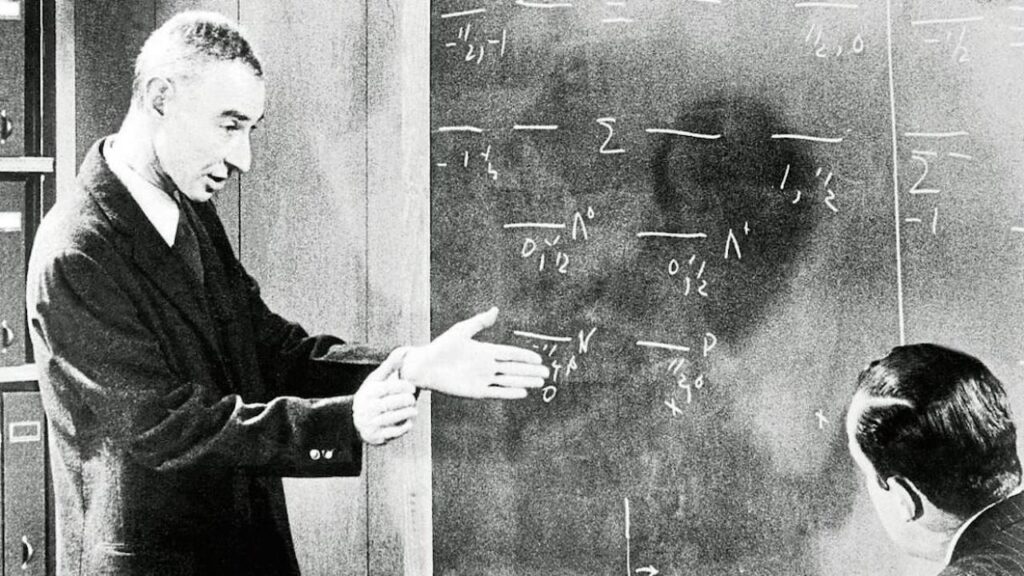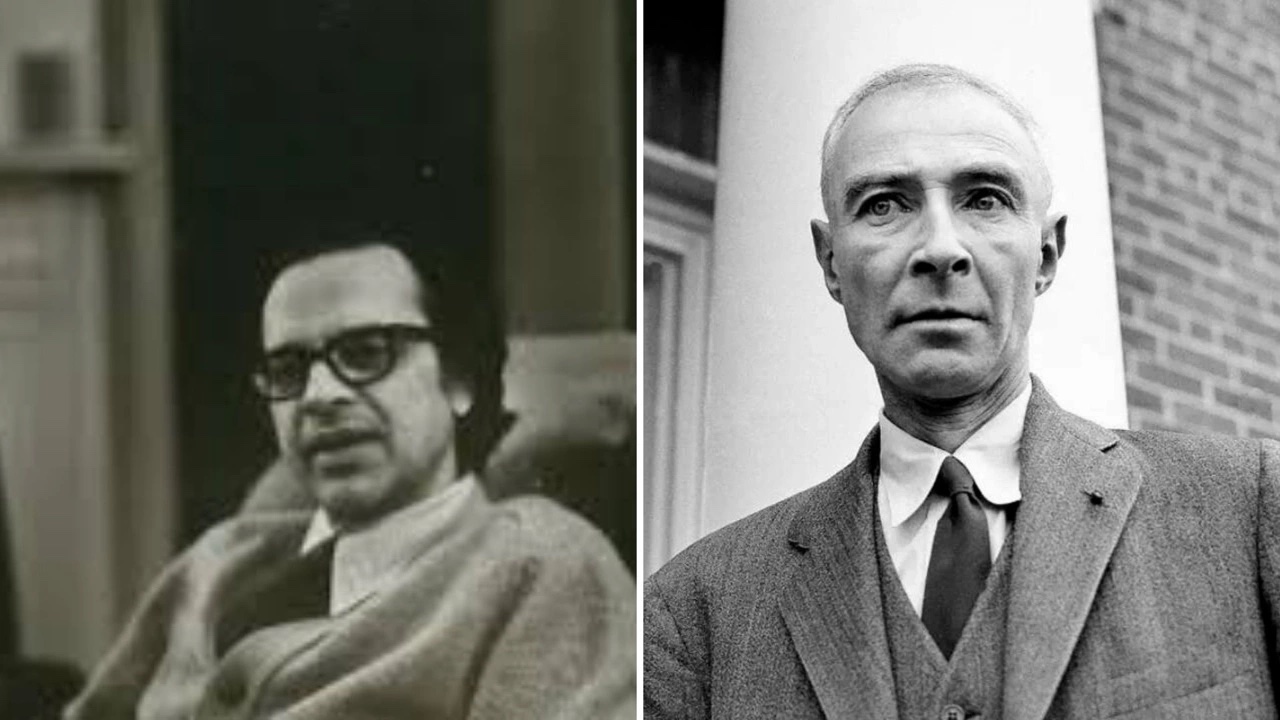As the long-awaited movie “Oppenheimer” debuts in cinemas worldwide, it’s an apt time to explore the real-life genius and enigma that was J. Robert Oppenheimer. This highly influential physicist, who died in 1967, was a driving force behind the Manhattan Project, developing the first atomic bomb during World War II. Beyond his known roles as a charismatic leader, public intellectual, and unfortunate casualty of the Red Scare, Oppenheimer’s scientific prowess is a story in itself.
Oppenheimer: Beyond the Manhattan Project
One might ask how brilliant Oppenheimer was as a physicist. According to David C. Cassidy, a physicist and historian emeritus at Hofstra University, Oppenheimer might not be on par with scientific giants like Einstein, Heisenberg, Pauli, Schrödinger, or Dirac. However, this shouldn’t understate his contribution to the early applications of quantum mechanics and black hole theory.
Among his most noteworthy works was the Born-Oppenheimer approximation. This piece of groundbreaking research played a significant role in extending quantum mechanics from atoms to molecules. But his most significant, and perhaps most overlooked contribution was his work on black holes. His theory on collapsing stars forming black holes was largely ignored until physicist John Wheeler revived the matter in the 1960s. Had Oppenheimer lived to witness the first experimental evidence for black holes in the 1990s, he would likely have been awarded the Nobel Prize.
The reluctant administrator and his legacy
Despite his lack of administrative experience, Oppenheimer was chosen to lead the Manhattan Project, one of the largest experiments in history. This appointment wasn’t just a testament to his understanding of physics and respect among peers, but also a strategic move due to his questionable political associations.

It’s hard to discuss Oppenheimer without delving into the tragic side of his life. Post his work on the atomic bomb, he opposed the development of the hydrogen bomb. This led to him losing his security clearance and being sidelined in the scientific community. While he didn’t face the harsh consequences of McCarthyism like many others, the loss of his influential position and his fall from grace paint a poignant picture.
Oppenheimer’s undying impact on modern science
Oppenheimer’s story is not just about his key role in the atomic bomb development, but also his significant contributions to physics. From the Born-Oppenheimer approximation to his unheralded work on black holes, his ideas continue to be instrumental in our understanding of the universe. Moreover, his leadership during the Manhattan Project set a precedent for scientific management on large scale projects.
Regardless of the tragedy and controversy surrounding his life, Oppenheimer’s legacy in both the scientific and public spheres remains indelible. He stands as a testament to the boundless curiosity, determination, and passion that drive the pursuit of knowledge and understanding.
We would love to hear from you, our esteemed readers, about your thoughts on this topic. Please share your insights and opinions in the comment section below!
Table:
| Subject | Oppenheimer’s contribution |
|---|---|
| Quantum Mechanics | Born-Oppenheimer approximation |
| Black Hole Theory | Early theory on collapsing stars forming black holes |
| Manhattan Project | Leadership and theoretical foundation |
| Cultural Impact | Became a symbol of the tragic hero in science |













